The Interview
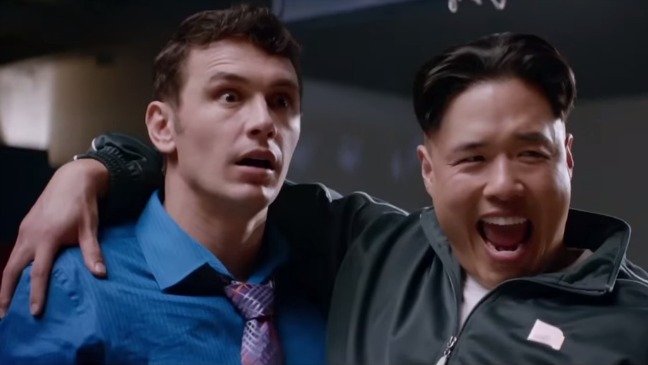
The Interview starts with a succession of satirical scenes poking fun at the inanity of celeb gossip news. James Franco – prolific as ever – plays an unsavoury, ego-centric dollar chaser, unscrupulously hunting higher network ratings. Seth Rogen as Skylark’s producer Aaron, has a moment of clarity when confronted by a contemporary, leading him to believe that “real” news should cover issues of political importance. The purported tension between the economic and Western political universalism begins here.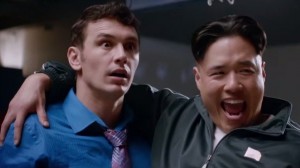
With Aaron’s sights set on career integrity, he convinces the vacuous Skylark to focus on securing an interview with the current supreme leader of the most infamous thanatocracy, North Korea. Subsequently, a CIA Agent Lacey, played by Lizzy Caplan, plots to kill two birds with one stone by “honey potting” Skylark into assassinating his host, masquerading as a sincere interviewer.
For the most part, the film is an above-average comedy, buoyed by its irreverent charm and the chemistry of the main duo’s staccato-paced interplays. However, the comedy mileage of the central dilemma flags long before the closing credits, concluding in an underwhelming, final third of tired comedy-action clichés. In its favour, the film technically impresses when establishing scenes. The beautiful scenery of China and (not) North Korea are expertly shot; rolling mountains, the “bountiful” shops, even Jong-un’s grey fortress are surprisingly rendered, thoughtfully captured by tilt and pan shots, tracing vistas and domains.
Early on in the film’s production, North Korea made their unease known, forcing the producers to water down several scenes. The political furore overshadowed the film’s cinematic significance, unintentionally contributing to hype (aka the Streisand effect). North Koreans, openly nervous of outside influences, are soft targets for troll baiting. Their sober literalism and quick-fire pugnacity are traits that Westerners derive further laughter from: life imitates art, with any nuance lost on alleged North Korean hackers.
If an effeminate caricature of Kim Jong-un ruffled feathers, the scene in which he’s revelling in his Western capitalist desires is tantamount to sacrilege. The icing on the cake, though, is the installation of democracy via subversion by (no less) the North Korean female lead, played by Diana Bang. The film’s message is clear: assassination and revolution will only conserve a totalitarian sovereign. Systematic change is the only option. This fictional idealism has recently played out in reality, with a North Korean defector teaming up with the Human Rights Foundation to produce 100,000 copies of the film, to be air dropped in North Korea.
For a people who’ve only known unmitigated totalitarian rule, perhaps even at an epigenetic level, shaking off their shackles in favour of democratic salvation is a crude dream. It’s an age-old narrative, the broken record of the American imperialist project. For good or for bad, The Interview is a symptom of liberal democratic smugness. Its very existence mocks an alien political structure, benefiting economically, while lauding the privileges of its culture’s sacrosanct, political freedoms. Aaron was wrong all along: his dreams of political seriousness trumping what sells was a false dichotomy, it was never a matter of either/or.
Mark Warburton
The Interview was released online on 24th December 2014.
Watch the trailer for The Interview here:

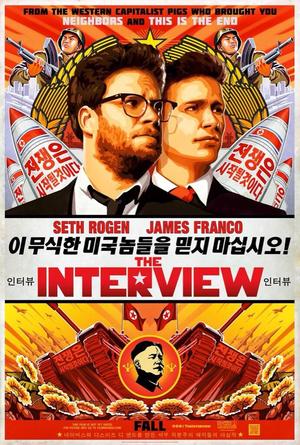
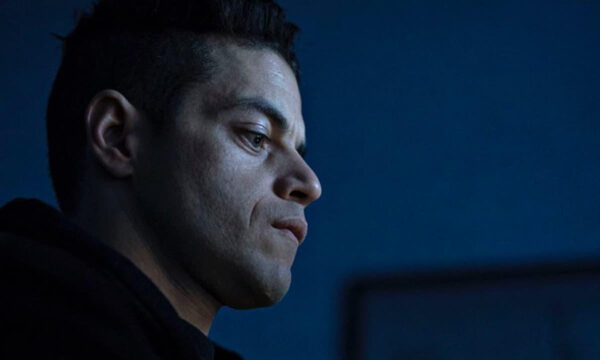
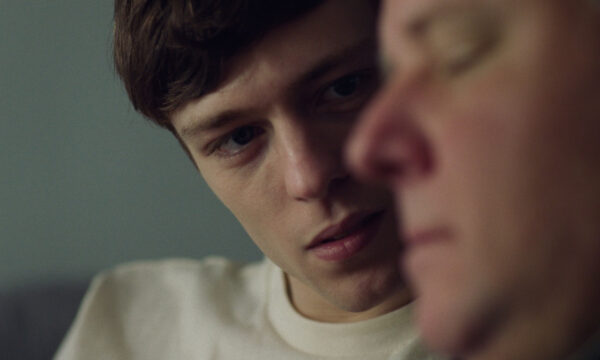

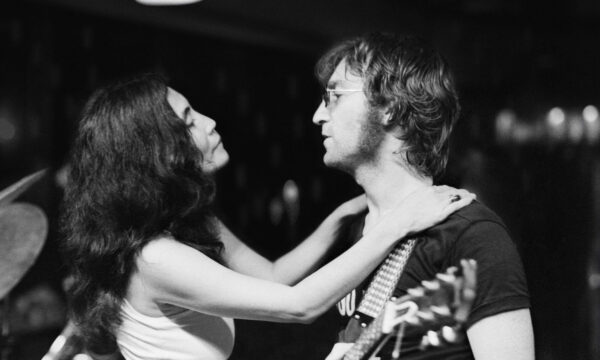
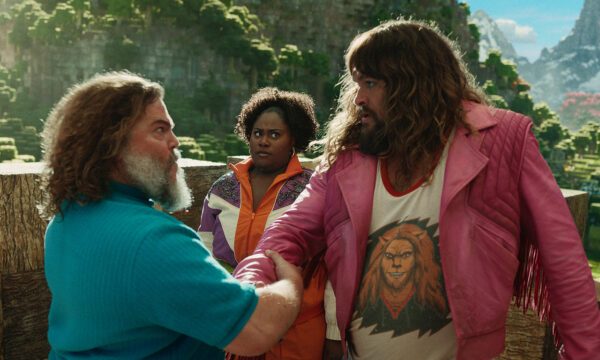


















Facebook
Twitter
Instagram
YouTube
RSS